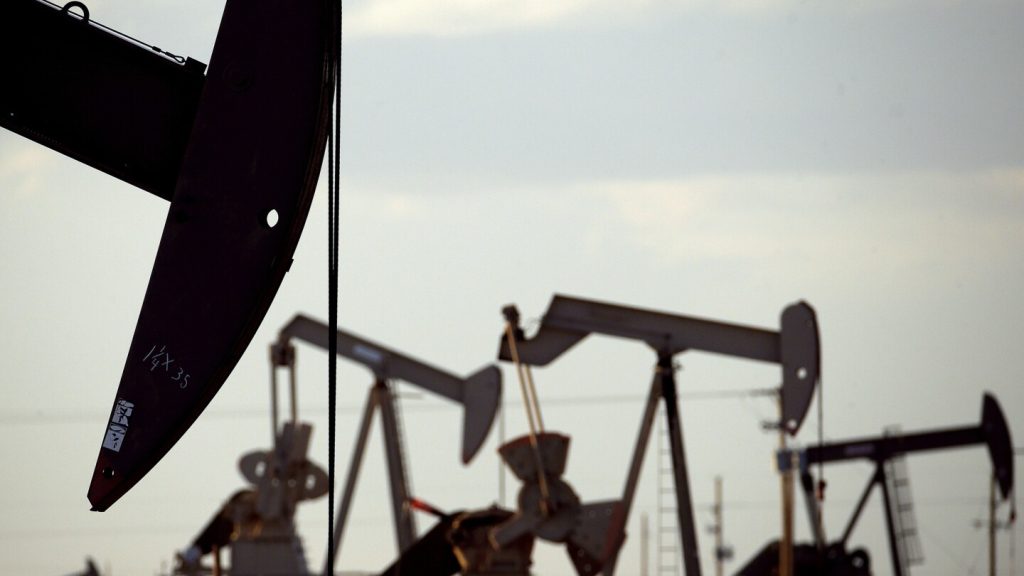The Biden administration has issued a final rule that will require oil and gas companies to pay more to drill on federal lands and meet stricter requirements for cleaning up old or abandoned wells. This rule raises royalty rates for oil drilling by more than one-third, to 16.67%, in accordance with the 2022 climate law passed by Congress. The new rule also increases the minimum leasing bond paid by energy companies to ensure they clean up drilling sites after they are finished drilling or cap abandoned wells. The Interior Department’s rule does not ban new oil and gas leasing on federal lands but aims to provide a better return to U.S. taxpayers and focus drilling in areas with existing infrastructure and high potential for reserves.
The plan codifies provisions from the Inflation Reduction Act and the infrastructure law, aimed at reforming the federal oil and gas leasing program. Interior Secretary Deb Haaland stated that these reforms will cut wasteful speculation, increase returns for the public, and protect taxpayers from bearing the costs of environmental cleanups. The rule also aims to safeguard the health of public lands and communities by easing pressure to develop sensitive areas and focusing drilling in more suitable locations. The new royalty rate is expected to remain in place until August 2032 and is projected to cost oil and gas companies an estimated $1.8 billion during that period.
Environmental groups have praised the rule change as a way to hold energy companies accountable for their activities on federal lands, which they have had cheap access to for many years. The American Petroleum Institute, the top lobbying group for the oil industry, stated that it was reviewing the rule to ensure fair and consistent access to federal resources for oil and gas companies. Meanwhile, the Center for Biological Diversity criticized the administration for not directly addressing the climate crisis by phasing out drilling on public lands. The change in bonding rates to $150,000 from $10,000 is seen as a key component of the new rule to ensure companies adequately clean up old drilling sites and cover reclamation costs to prevent taxpayers from bearing the burden.
The Interior Department has allocated over $1 billion in the past two years to clean up orphaned oil and gas wells on public lands. The new rule aims to prevent taxpayers from covering cleanup costs in the future and protect critical wildlife habitat, cultural resources, and recreational values on public lands. Lawmakers have expressed differing opinions on the rule, with Democrats praising it as a step to rein in oil and gas companies and ensure a fair return for taxpayers, while Republicans argue that it will impose unfair costs on energy companies, leading to less drilling, fewer jobs, and increased dependence on oil from the Middle East. Overall, the Biden administration’s rule is seen as a significant reform to the federal oil and gas leasing program that aims to balance economic interests with environmental protection and taxpayer accountability.


